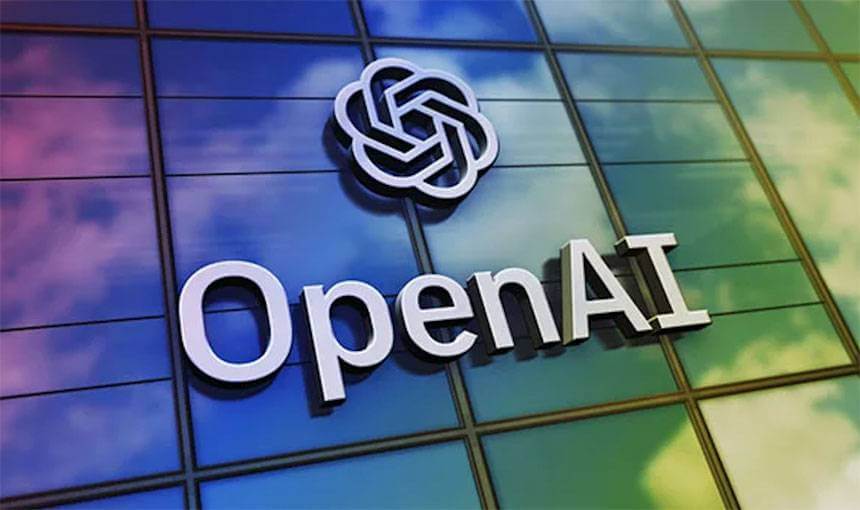OpenAI, the company behind the groundbreaking ChatGPT, is reportedly planning a significant expansion into India with the construction of a massive data center boasting a capacity of at least 1 gigawatt. This move signifies a major investment in India's rapidly growing AI and cloud market, potentially positioning OpenAI as a key player in the region's digital transformation.
The planned data center is expected to be one of the largest of its kind in India, requiring partnerships with local utilities and construction firms. This initiative aligns with OpenAI's global "Stargate" infrastructure program, which includes substantial investments in data centers across the United States, Abu Dhabi, and Norway. The "OpenAI for Countries" initiative, under the Stargate project, aims to collaborate with governments to build AI infrastructure, customize OpenAI's technology for local languages, and address specific needs.
Several factors contribute to India's attractiveness as a data center hub. The country has a rapidly growing digital economy, increasing internet penetration, and supportive government policies, including the "Digital India" initiative. Data localization laws, such as the Digital Personal Data Protection Act, also incentivize companies to store and process data within India. Furthermore, India offers cost-effective data center operations, a skilled workforce, and a strategic location bridging East and West.
The demand for data centers in India is surging, driven by the increasing adoption of cloud computing, AI, and other emerging technologies across various sectors, including banking, finance, media, and technology. India's data center capacity is projected to double from 0.9 GW in 2023 to approximately 2 GW by 2026, with expectations to reach over 4.5 GW by 2030. This expansion requires significant investment, estimated at $20-25 billion over the next 5-6 years.
OpenAI's investment in India could have several positive implications. A local data center would improve the latency and performance of OpenAI's services in the country, enabling the company to offer customized chatbots and enterprise solutions. It would also address data security concerns by ensuring that Indian users' data is processed locally. Moreover, the project aligns with the Indian government's $1.2 billion IndiaAI mission, which aims to develop homegrown large language models and strengthen AI capabilities in the country. OpenAI has already pledged support for this initiative.
The construction of a 1+ gigawatt data center would require substantial power and advanced cooling solutions. High-performance computing increases power density requirements, necessitating technologies like liquid and immersion cooling to maintain efficiency and sustainability. Indian data centers are also focusing on energy-efficient designs, AI-based energy optimization, and water recycling systems to reduce their carbon footprint.
While OpenAI's plans for a massive data center in India signal a significant step forward for the country's AI infrastructure, some analysts have pointed out that India faces challenges such as inadequate infrastructure, limited funding, and a talent crunch. Addressing these issues will be crucial for India to fully realize its AI ambitions and compete effectively in the global AI landscape.
Overall, OpenAI's reported interest in building a large-scale data center in India reflects the country's growing importance as an AI hub and its potential to become a major player in the global digital economy. This investment could drive innovation, create new opportunities, and accelerate India's digital transformation journey.















